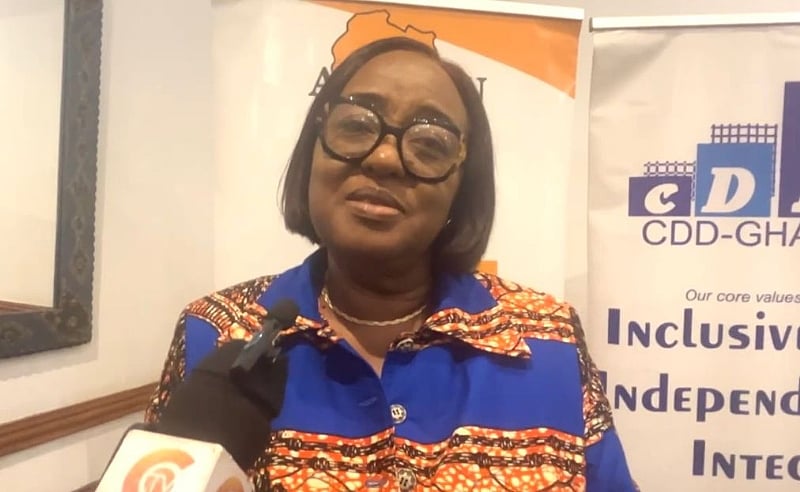The newly enacted Affirmative Action (Gender Equality) Act in Ghana, while a significant step towards gender parity, faces scrutiny for its lack of robust enforcement mechanisms. Lawyer Sheila Minkah-Premo, convener of the Affirmative Action Law Coalition, has voiced concerns regarding the Act’s current framework, particularly its ambiguity in addressing political parties’ adherence to gender representation targets. The absence of sanctions for non-compliance, she argues, renders the legislation toothless and potentially undermines its overarching objective of promoting gender inclusivity in governance. This critique underscores the need for amendments to strengthen the Act and ensure that its aspirational goals translate into concrete actions and measurable outcomes.
Madam Minkah-Premo highlights Section 20 of the Act as a key example of its inherent weakness. This section merely “encourages” political parties to align with the Act’s targets without stipulating any penalties for failing to do so. This encouragement, without a corresponding enforcement mechanism, leaves political parties with little incentive to prioritize gender balance in their candidate selection and internal structures. The lack of clear repercussions for non-compliance raises questions about the Act’s effectiveness in achieving its intended purpose of increasing women’s participation in decision-making processes at all levels of governance.
To bolster the Act’s efficacy, Minkah-Premo advocates for constitutional reforms that would provide a more solid legal foundation for the Act. Specifically, she points to Articles 93 and 94 of the 1992 Constitution as areas requiring review to accommodate enforceable gender quotas. These quotas, she explains, would set clear benchmarks for female representation in political bodies and other public institutions. Drawing parallels with other countries that have successfully implemented such quotas, she emphasizes the importance of enshrining these provisions within the constitution to ensure their permanence and enforceability. This, she argues, would provide the necessary legal backing for the Affirmative Action Act, enabling its effective implementation and fostering greater gender equality in Ghana’s political landscape.
The debate surrounding the Act’s implementation underscores a wider conversation about the role of law in driving societal change. While legislative frameworks like the Affirmative Action Act are essential for setting norms and guiding policies, their impact is limited if not accompanied by robust enforcement mechanisms and societal will. The Act’s current form, critics argue, risks becoming symbolic legislation unless it is equipped with the necessary teeth to hold individuals and institutions accountable. This necessitates a comprehensive approach that incorporates not just legal reforms but also public awareness campaigns, capacity building, and political dialogue.
In a positive development, the Ministry of Gender, Children, and Social Protection has announced the forthcoming establishment of the Gender Equity Committee. This committee, mandated by the Act, will be responsible for overseeing and monitoring compliance across both public and private sectors. The formation of this committee signifies a crucial step towards operationalizing the Act and translating its provisions into practical action. The committee’s success, however, will depend on its composition, powers, and resources. It is crucial that the committee comprise individuals with the requisite expertise and independence to effectively monitor implementation, investigate complaints, and recommend appropriate sanctions for non-compliance.
The national dialogue organized by the Centre for Democratic Development (CDD-Ghana), in collaboration with Abantu for Development and the Global Centre for Pluralism, provided a valuable platform for stakeholders to discuss these crucial issues and strategize on the way forward. The dialogue highlighted the need for collaborative efforts between government agencies, civil society organizations, and the public to ensure the Act’s successful implementation. This collaborative spirit is essential for building consensus, fostering ownership, and driving meaningful change towards gender equality in Ghana. The ultimate success of the Affirmative Action Act, therefore, hinges not just on the legal framework itself, but on the collective commitment of all stakeholders to embrace its principles and work towards its realization.














